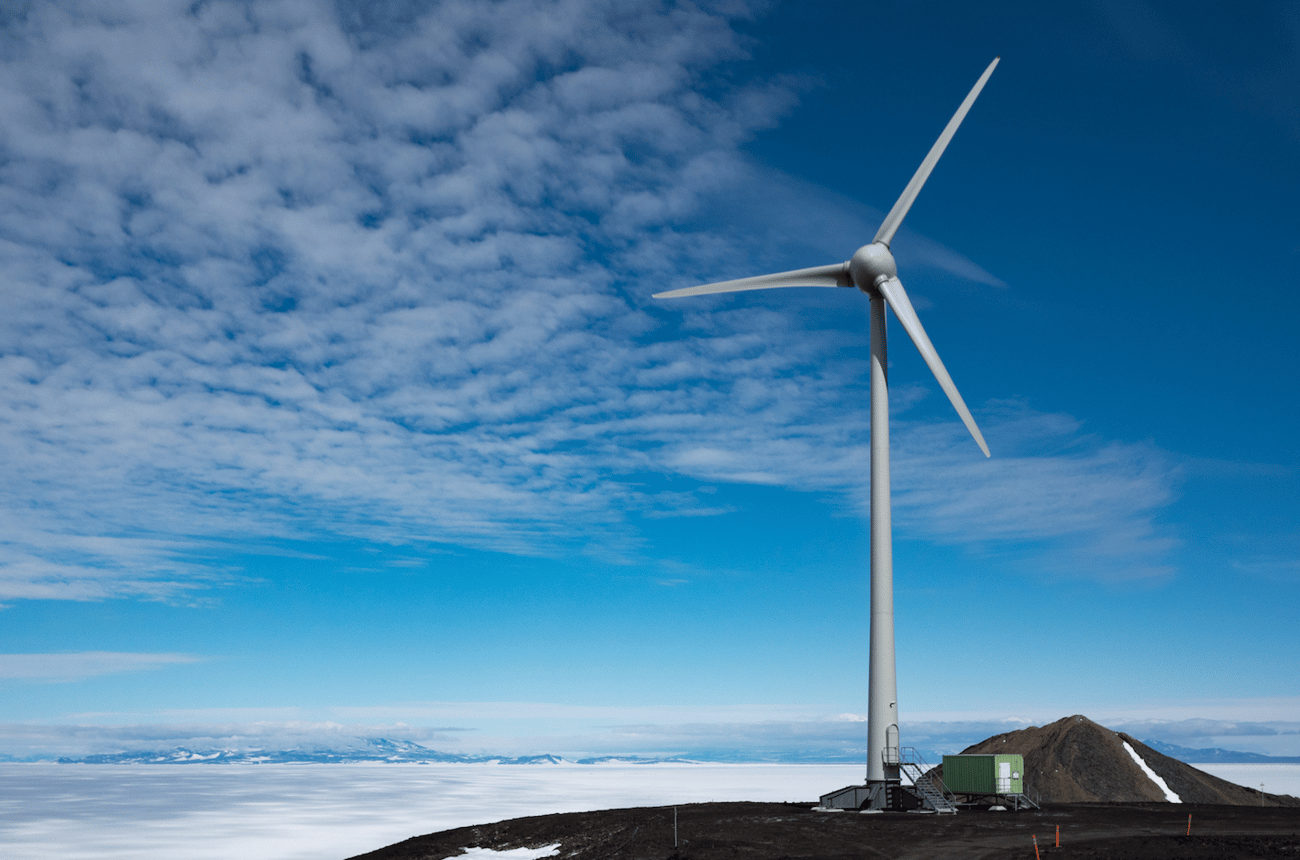
The awards celebrate the innovative efforts being made by companies, organisations and individuals around the country to get greater energy efficiency, reducing New Zealand’s carbon footprint while saving millions of dollars.
EECA Chief Executive Mike Underhill told the audience that, collectively, the awards finalists will save or generate 1.1 petajoules (PJ) of energy, equivalent to the annual energy use of all households in New Plymouth, and avoid 120,000 tonnes of greenhouse gas emissions, approximately one-fifth of the annual emissions of all households in New Zealand.
Underhill said that energy efficiency was the most effective way of reducing carbon emissions, which he said was a challenge not just for policy-makers but for all of us, as companies and as individuals.
Ten category awards were handed out, spanning transport, renewable energy, community, leadership, from small users to large industrials users.

Hellers innovative refrigeration
Of particular interest to Idealog was the Innovation Award, won by Hellers and Active Refrigeration for their collaborative effort to reduce Hellers’ greenhouse gas emissions by 91% by using excess heat produced by its refrigeration units to produce hot water. To make this possible, Active Refrigeration installed a custom heat recovery system and combined it with a high temperature heat pump, significantly reducing energy waste.
Since installing the system two years ago, Hellers has reduced the cost of its water heating by 84% representing a saving of $148,000 a year on energy costs. Active director Craig Duff says that company is aiming to use the winning technology across New Zealand’s primary industries, 90% of which require both refrigeration and heating.

DB Export’s Brewtroleum at Gull
Receiving highly commended in the same category was another project we’ve had our eye on: Gull New Zealand’s collaboration with DB Breweries to make bioethanol out of beer. Usually the natural yeast and grain is either made into Marmite or fed to farm animals, but DB and Gull have worked out how to ferment the beer byproduct into fuel-grade ethanol which, when added to petrol, they call ‘Brewtroleum’. Brewtroleum is a 98-octane fuel, emitting 8% less greenhouse gas than other high-performance fuels. Apparently DB’s parent company Heineken is keen in trying the idea in different markets. Cool huh? (And, in case it has to be said, no, you can’t drink it.)
“This is continued recognition of what we were able to achieve, which was to take a natural by-product of the beer brewing process and turn it into something that can genuinely help make a positive impact on the environment,” says Simon Smith, DB corporate relations advisor.

Antarctica New Zealand’s Ross Island wind farm in the distance
Another highlight was Antarctica New Zealand, winner of the Renewable Energy Award, which uses New Zealand made custom wind turbines to generate enough energy to power both New Zealand and US Antarctic research stations. The Ross Island Wind Farm is made up of three 333 kilowatt wind turbines that are specially designed to work in the harsh, cold conditions of the Antarctic where freezing winds can blow year-round. The turbines save as much as $1.9 million in fuel cost every year, and since 2011 have saved around $8 million in total fuel costs.
“By substituting renewable wind energy for the existing fossil fuel use, we were able to reduce greenhouse gas emissions and minimise the risks associated with transporting and storing liquid fuel in Antarctica,” says Antarctica New Zealand chief executive Peter Beggs. “The use of renewable energy is one of the ways New Zealand demonstrates leadership among Antarctic Treaty parties in managing our impacts on the Antarctic environment.”
Receiving a Commended in the Renewable Energy category is Omarunui Landfill Gas Limited Partnership, which has found a way to both remove potent gas from the atmosphere and use that gas to make electricity. A collaboration between the Hastings District Council and Pioneer Energy, the Omarunui Landfill can provide electricity to about 1,000 homes.

Project Litefoot Trust
The Supreme Award went to Project Litefoot Trust, which also won the Community Award, for its LiteClub project which helps community sports clubs become more energy, waste and water efficient. The money saved is then put into equipment, coaching and facilities. Conrad Smith, Brendon McCullum, Michael Campbell and the Evers-Swindell twins are some of the New Zealand sporting heroes who are helping Project Litefoot Trust link sport with the environment. The free service is provided to over 710 community sports clubs and there is now international interest in replicating the model.
The 2016 EECA Award Winners:
• Supreme winner: Project Litefoot Trust
• Business Service Excellence: Energy Solution Providers
• Community Award: Project Litefoot Trust
• Energy Leadership: Dr Viv Heslop, Panuku Development Auckland
• Energy Management: ANZCO
• Innovation Award: Hellers and Active Refrigeration
• Large Energy User: Orora Beverage Cans
• Public Sector: Te Puni K?kiri and Argosy Property
• Renewable Energy: Antarctica New Zealand
• Small to Medium Energy User: Ceres Organics
• Transport: Charge Net NZ




